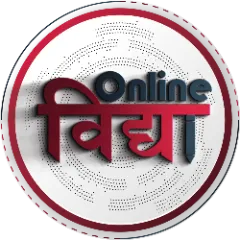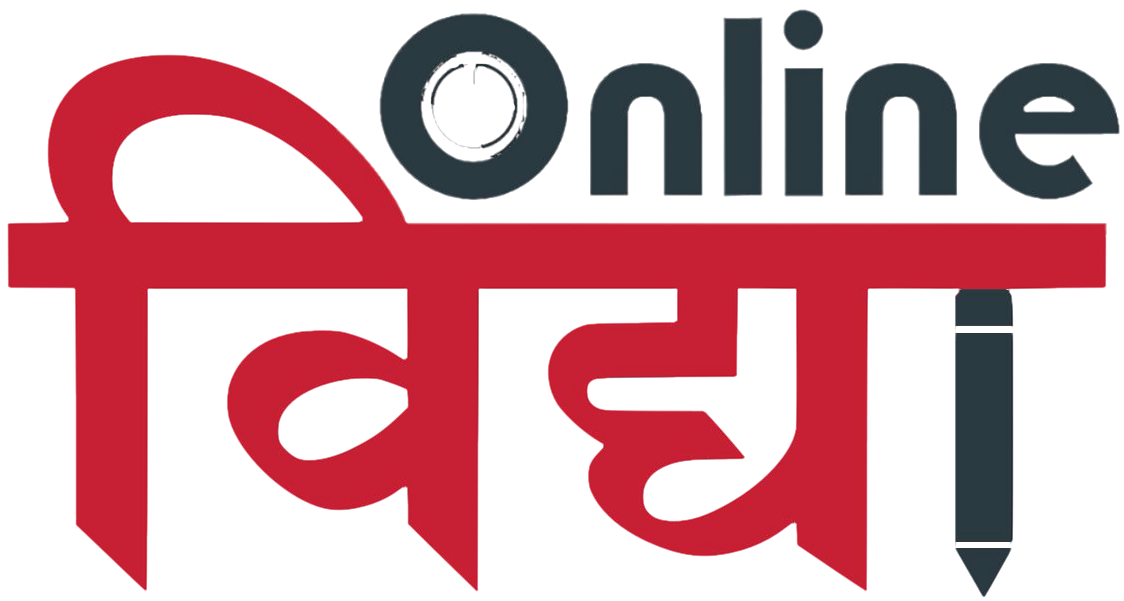Specializations
Courses Available
Courses

Lost in the Race: Why So Many Indian Students Choose the Wrong Career
Lost in the Race: Why So Many Indian Students Choose the Wrong Career,Nov 10, 2025
Information
Nov 10, 2025
477 Views
- Share:
Millions of Indian students join college every year with hopes of forging successful careers. However, by the time they graduate, many find themselves stuck in careers they barely comprehend or appreciate. Behind those well-groomed resumes and businesslike smiles often lies a deep-seated sense of disorientation silent admission that somewhere down the line, they took a wrong turn.
Some of the brightest minds in the world are from India, yet most of them tend to end up in professions that do not match their aptitude or interest. Why? Most of them simply followed a career path without ever getting a chance to choose one.
Parental Pressure: When Dreams Are Decided at Home
What defines a "good career" has changed little for many Indian families over the years. Government employment, engineering, medicine, and law remain hot topics at dinner tables. Parents often have the best intentions in giving their children stability and security, but in doing so, they inadvertently take them further away from their own interests.
There is barely much room for novelty in this kind of cultural approach. Because engineering is considered the "safe" or "respectable" career path, a student who would have excelled as a designer, writer, or data analyst ends up going to engineering school. Years later, the same student may be doing great academically, but deep inside remains highly unfulfilled.
Lack of Career Guidance: The Root of the Problem
There are a lot of reasons why the career choices in India are poor. The absence of organized career counseling is one of them. In most schools, grades—instead of aptitudes or interests—are used to lead students. People rely on Google searches, peer pressure, or haphazard suggestions instead of professional advice for their career selections.
In fact, most schools and institutions even today lack trained career counselors who would help students understand their aptitude, personality, and passion. Young people thus make some of the most significant decisions of their lives, frequently without thinking about them.
The Herd Mentality: Following the Crowd
The conviction that "Everyone is doing it" influences a large number of professional selections in India. When one student chooses a particular course or career, the whole friend circle of students often follows suit. This herd mentality stems from the cultural basis of Indian thinking, which believes in safety in numbers.
However, success comes from sticking out and not from fitting in. The talents and shortcomings of every individual are unique. What works for one person may not necessarily suit another. Nevertheless, due to the fear of being the odd one out, many students end up studying and working in fields with which they do not relate.
Old education system: learning to pass, not to discover
Instead of emphasizing how to learn, the Indian education system often places more emphasis on what to study. This system teaches students to memorize and repeat rather than to think critically or creatively.
This exam-oriented environment results in most children never discovering their inherent abilities. Real projects, internships, and practical experiences come very late, and by then the path has already been chosen.
Fear of risk: The safe path is not always the right path
Social and economic concerns have forced many Indian students to choose the "safe" path. He believes that a boring but stable job is better than doing something uncertain; That's why he chose job security over excitement.
In fact, the global workforce is changing rapidly, and innovative areas such as artificial intelligence, content creation, data analytics, and digital marketing are on the rise. Often, the future belongs to those who pursue their true interests and take calculated risks.
Poor exposure to new-age careers
Few students have any idea about the breadth of contemporary profession options available today. Though they represent the fast-growing fields, students in typical educational settings hardly ever hear about the careers of UX design, blockchain development, sports analytics, sustainable architecture, or AI-driven corporate management.
In the end, students who are not aware of these pre-planning facts about their career are gonna lose in real life. They are thus restricted to conventional streams, which might not be in tune with the modern market dynamics.
Peer Comparison and Social Media Influence
Social media creates more confusion. When students see celebrities, influencers, or businesspeople becoming famous and successful overnight, they feel like they have to do the same. It may not be possible for every story to come on the internet, but through comparison, research, true desires, and abilities will easily be sorted. Instead of choosing careers that actually fit their personality and strengths, they may choose careers that seem glamorous.
Lack of Self-Awareness and Soft Skills
Knowing one's strengths, drivers, and what type of environment develops them is the starting point for career clarity. Unfortunately, few students in India are advised on how to take these issues into consideration.
While the schools and colleges focus a lot on academics, the soft skills like leadership, flexibility, and communication are often neglected. Without those, kids find it hard to conquer an obstacle in the real world and decide on a career.
Mismatch between the needs of education and industry
It is the gap between what universities teach and what businesses actually need that continues to grow. The qualifications of many university graduates do not match today's professional requirements. Today, employers seek to employ applicants who demonstrate digital literacy, practical skills, and creative thinking-all qualities not necessarily developed in a traditional classroom. This generates an incongruent relationship, which is a source of frustration.
Creating a better career path is the way forward.
To stop this trend, India needs a strong career counseling system in schools and colleges. Before choosing a career course, students should be encouraged to take qualifying exams, look at different job options, and research new fields.
Career counselors should work with educational institutions and platforms to match students' goals with viable opportunities. But more than anything, students need to learn that it's acceptable not to immediately know what they want, because the alternative to living a life of dissatisfaction is much worse than taking the time to consider their options.
How Online Vidya Can Help You Choose the Right Path
Online Vidya may help in bringing clarity if you are confused about the next step in your academics or career. Through its free career counseling service, you can connect with experienced counselors who would know about your long-term goals, your interests, and your strengths.
Whether you are choosing between degrees, considering online learning options, or trying to make a change in your job path, Online Vidya helps you make informed choices without stress or uncertainty.
With proper guidance, you can convert anxiety into confidence and choose a future that really fits you, not just a career.
Conclusion
Choosing a career is one of the most important choices you will ever make in your life. Let's avoid letting signs, trends, or expectations rule us. Before choosing a path, ask questions and do some research to learn more about yourself.
After all, the key to success is the ability to defy expectations rather than follow the crowd.

Meet Our Counselling Experts
Get 100% Free Career Counseling




PlacementPartners










Schedule Your 30 min Couselling Session With Today!!
Select a Date of your choice :
You Have Selected Slot on .

